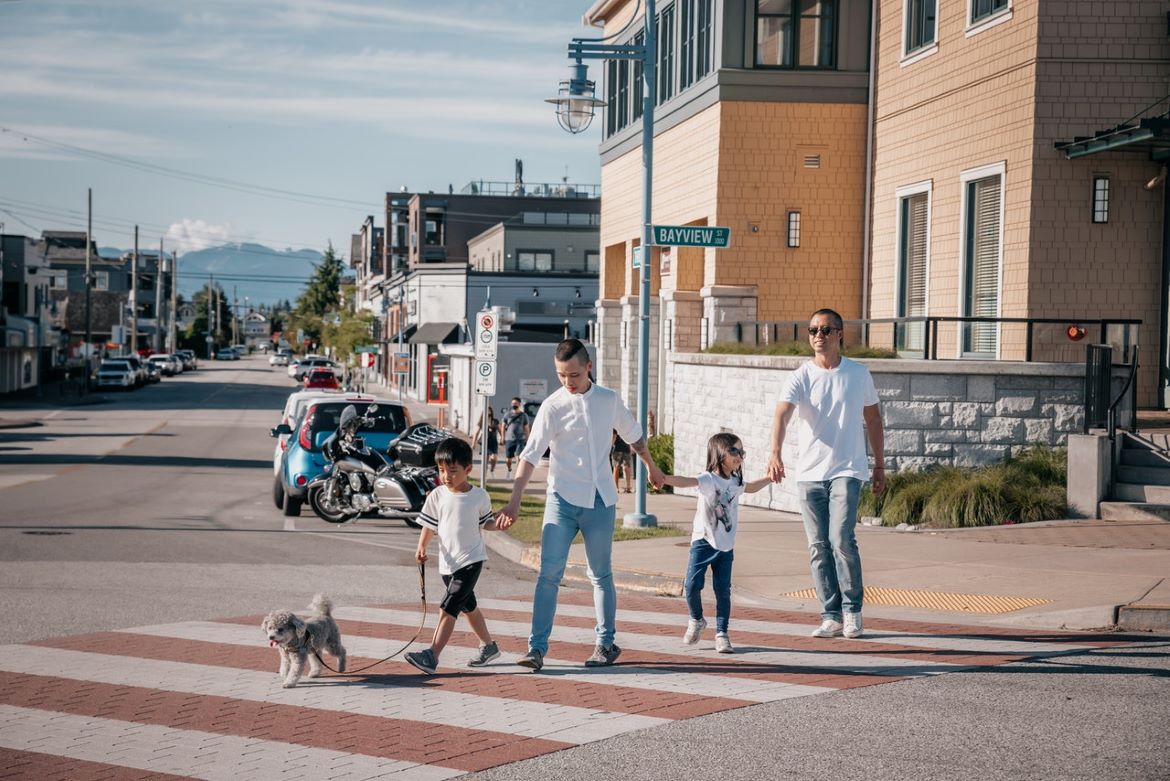By Kylee Harris
The typical American will move 11.7 times in their lives – 2.5 times between birth and 8th grade, according to the MacArthur Foundation. The way you navigate a move as a parent can set the tone for the way your child reacts to their new environment and even their performance in school. However, in many cases, moving as a family is unavoidable. You may be moving to a new city and bigger home as you go from one to two, or moving for a bigger job and income opportunities for your family. Regardless of the reason, thinking ahead to prepare yourself and your child for parenting during a relocation can save you both a lot of heartaches – and it all starts with acknowledging the challenges your child may face when relocating to a new city.
Acknowledge The Good – And The Bad – Feelings That Come With Moving
Moving home is one of the most stressful life events for adults, and even more so for a child. One of the best things you can do is allow your child the free space to express how they are feeling – both good and bad. Often, children are worried about leaving friends behind or scared about making friends in their new city. Some children may also hide their feelings by acting excited on the surface.
Your child will look to you for reassurance and guidance on the move.
To help them put their feelings into words (or pictures), find age-appropriate ways to discuss the move with your child. It also helps to ask your child what would make them feel safe or excited about their move. Getting your child to express their feelings – good or bad – means you are able to focus on and rectify the things they are worried about like the loss of connection to friends. It also helps to be prepared for the common issues faced when moving towns with kids in tow, like anxiety about their new environment. According to Mauren Healy of The Emotionally Healthy Child, “Children are young and new to the world, and changing a child’s ‘safe space’ is a big deal.” Most times, a child’s safe space is their home. To combat that, you can plan ahead by taking them to explore and view their new home.
Focus On Your Own Attitude To The Move
Your child will look to you for reassurance and guidance on the move. Children also imitate adult behaviour. The famous Bebo doll experiment proved just how much children imitate role model behaviour. Therefore, they will take a lot from the way you react to the move to a new city. If they see you upset or sad about the move, they are also more likely to feel the same. While it is advised to talk about those negative feelings you feel when moving, like the loss of friends or uncertainty, it is also important that you maintain an upbeat attitude for your child to see.











